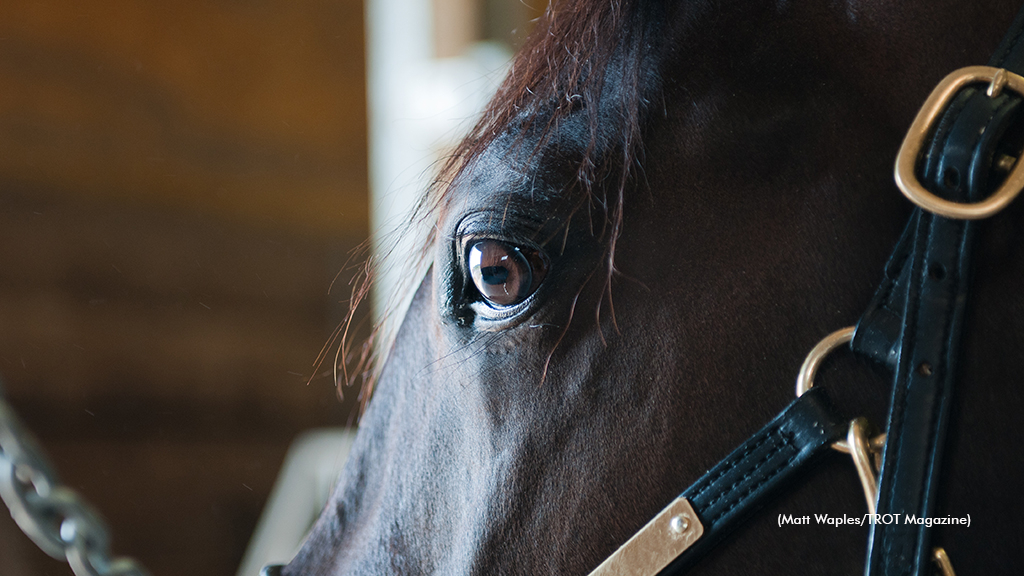West Nile Virus Case Reported In Ontario Standardbred

A case of West Nile Virus has been reported in an eight-year-old Standardbred in Ontario, according to information posted by the Equine Disease Communication Center on Friday, Aug. 29.
Located at a Grey County, Ont. farm, the unvaccinated gelding tested positive for West Nile Virus and was euthanized after developing acute neurologic signs (ataxia, hyperesthesia, intermittent to persistent recumbency).
This is the third confirmed case of equine West Nile Virus in Ontario this year.
West Nile Virus (WNV) is a mosquito-borne flavivirus. WNV primarily causes disease in birds, humans and horses and is transmitted by many different species of mosquitoes. Since 1999, more than 27,600 U.S. horses have been confirmed with WNV neuro-invasive disease with an estimated average case fatality rate of 30 to 40 per cent. During 2002 alone, over 15,000 horses were affected in the U.S. WNV is now considered endemic with yearly activity in the U.S. (with an average 300 cases per year), Canada, Mexico and the Caribbean.
Clinical Signs for West Nile Virus include the following:
- Depression and anorexia without fever when initially infected
- Mild low-grade fever (101.5-103.5°F or 38.6-39.7°C) in about 25 per cent of affected horses
- Lack of appetite
- Lethargy/drowsiness
- Neurologic signs:
- Onset of neurologic disease is frequently sudden and progressive
- Periods of hyperexcitability, apprehension and/or drowsiness
- Fine tremors and fasciculations of the face and neck muscles
- Cranial nerve paralysis -- facial paralysis and weakness of the tongue are very common
- Head tilt, droopy lip, muzzle deviation
- Weakness, ataxia, and dysmetria (incoordination) in one or all limbs
- Complete paralysis of one or more limbs
- Colic
- Recumbency (inability to stand)
- Death
Diagnosis: Diagnosis is made by a veterinarian by serum (a component of whole blood) on ELISA (enzyme-linked immunosorbent assay), by measuring for titers or, less commonly, with CSF (cerebrospinal fluid) on PCR.
Treatment: There is no cure for West Nile Virus. Supportive care is administered in cases which show clinical signs.
Prevention: Keep all horses up to date on vaccinations. Initial vaccination is followed in four to six weeks with a booster; yearly revaccination is recommended after. More frequent boosters (i.e. twice yearly) are recommended in areas with year-round mosquito seasons and in endemic areas. Practice vector management on all properties where horses are kept:
- Use insect repellents frequently; re-apply after rain.
- Keep horses in at night when possible and apply insect repellant.
- Eliminate or minimize standing water.
- Stock tanks or ponds with mosquito-feeding fish.
- Eliminate brush piles, gutters, old tires and litter.
- Remove all equipment in which standing water can collect
(With files from Equine Disease Communication Center; horse pictured does not have West Nile Virus)

